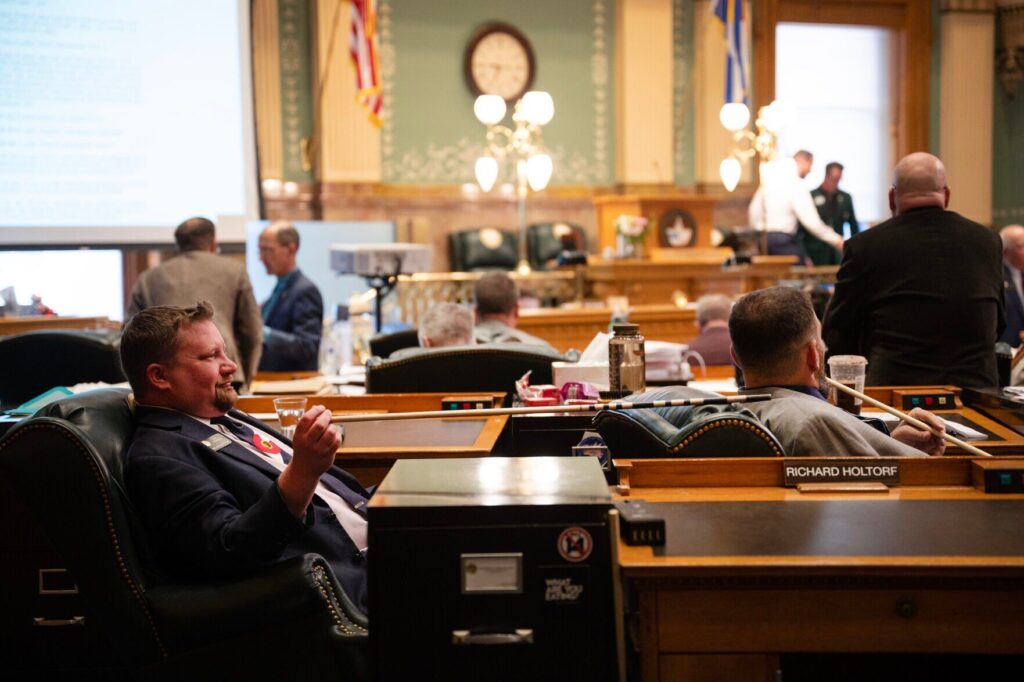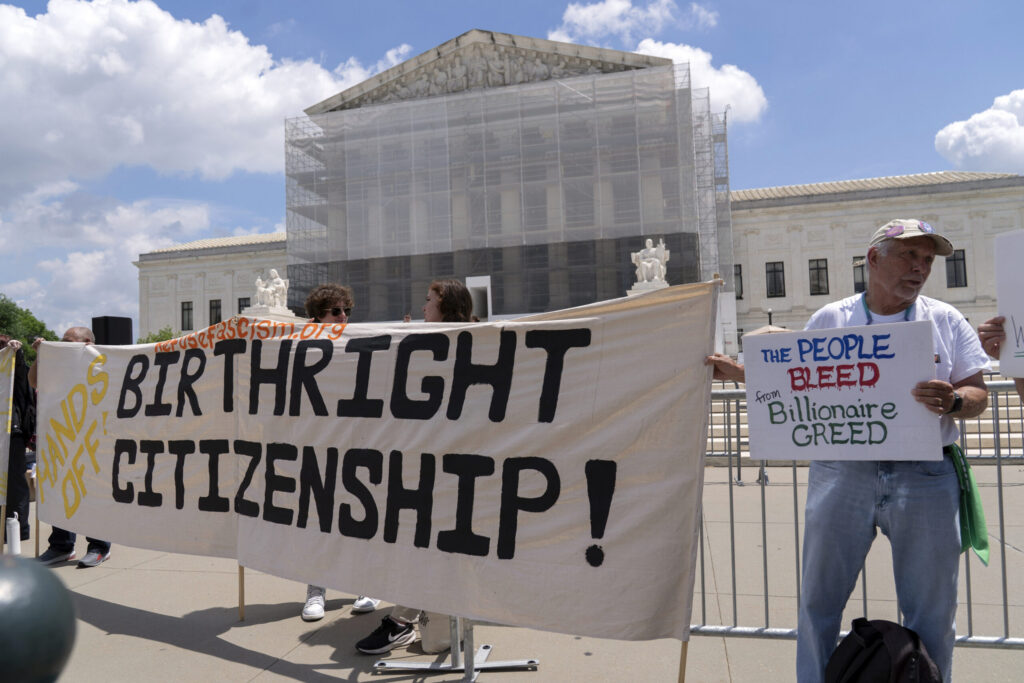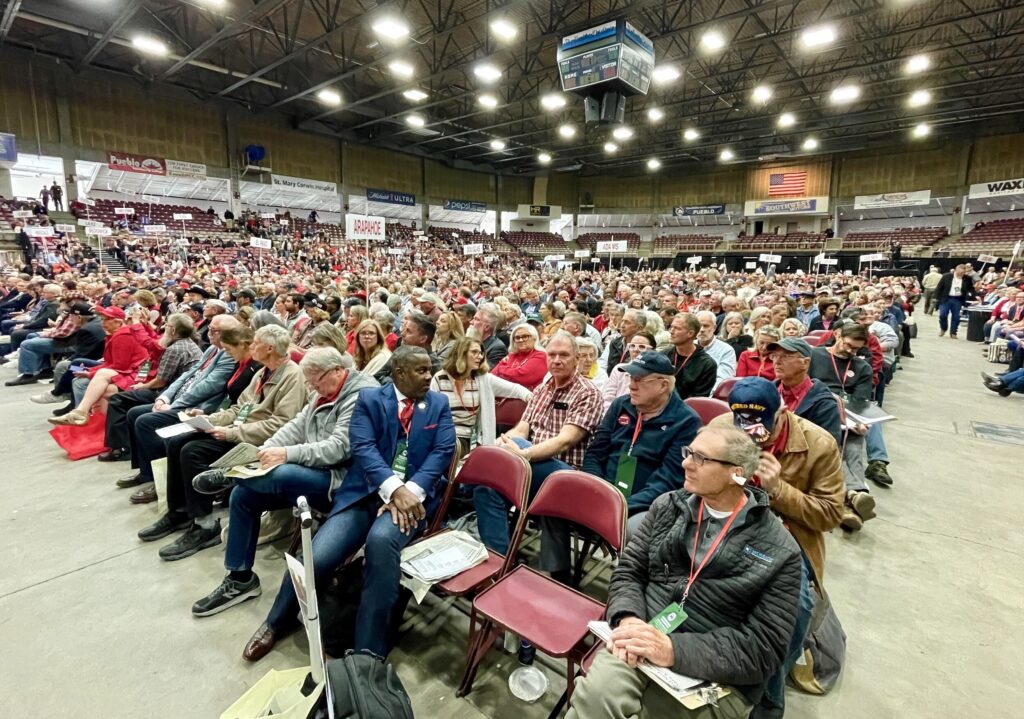Company bids less than a penny per ton in biggest US coal sale in over a decade | OUT WEST ROUNDUP

MONTANA
Coal bid price plummets
BILLINGS — A Navajo tribe-owned company bid $186,000 to lease 167 million tons of coal on federal lands in southeastern Montana on Oct. 6 in the biggest U.S. coal sale in more than a decade.
The offer from the Navajo Transitional Energy Co. (NTEC) equates to one-tenth of a penny per ton, underscoring coal’s diminished value even as President Donald Trump pushes to mine and burn more of the heavily polluting fuel.
Federal officials did not immediately say if they would accept the offer. It was the only bid received. Two NTEC representatives attended the sale at the Bureau of Land Management local office in Billings, Montana. They declined to comment after.
At the last successful government lease sale in the region, a subsidiary of Peabody Energy paid $793 million, or $1.10 per ton, for 721 million tons of coal in Wyoming.
It’s uncertain how much demand there will be for the coal offered next to NTEC’s Spring Creek mine near Decker, Montana. The five power plants using fuel from Spring Creek mine are scheduled to stop burning coal in the next decade, according to an analysis by The Associated Press.
The lease is in the Powder River Basin, the most productive coal fields in the nation. Officials under the administration of then-President Joe Biden banned sales from the region because of coal’s contribution to climate change, but Republicans are attempting to reverse that decision.
NTEC argued in favor of a low market value for coal in the lease area, pointing to government studies that predict coal markets will decline significantly over the next two decades as fewer utilities buy the fuel.
NEW MEXICO
Governor signs safety-net bills
SANTA FE — New Mexico Gov. Michelle Lujan Grisham signed a package of bills Oct. 3 aimed at shoring up food assistance, rural health care and public broadcasting in response to recently enacted federal cuts.
The new legislation responds to President Donald Trump’s big bill as well as fear that health insurance rates will rise with the expiration of COVID-era subsidies to the Affordable Care Act exchange in New Mexico. Exchange subsidies are a major point of contention in the Washington budget standoff and related federal government shutdown.
New Mexico would set aside $17 million to backfill the federal credits if they are not renewed, under legislation signed by the governor.
The Democratic-led legislature met in a special session on Oct. 1 and 2 to approve $162 million in state spending on rural health care, food assistance, restocking food banks, public broadcast and more.
Starting this year, New Mexico is expected to lose about $200 million annually due to new federal tax cuts. But the state still has a large budget surplus thanks to booming oil production.
“When federal support falls short, New Mexico steps up,” Lujan Grisham said in a statement.
Many federal health care changes under Trump’s big bill don’t kick in until 2027 or later, and Democratic legislators in New Mexico acknowledged that their bills are only a temporary bandage.
Native council chair resigns
SANTA FE — An embattled figure in Native American politics has resigned as chairman of the All Pueblo Council of Governors and ended his outside consulting work for the state of New Mexico days after he was arrested on suspicion of driving while intoxicated.
Records obtained by The Associated Press show James Mountain submitted his resignation letter Sept. 30 to the council, a prominent advocacy group for 19 Native American communities in New Mexico and another in Texas. He noted it was effective immediately.
Pojoaque Pueblo police arrested Mountain the previous week on suspicion of driving while intoxicated at a tribal casino.
Mountain’s 2023 appointment as cabinet secretary to the New Mexico Department of Indian Affairs under Lujan Grisham angered Native American advocates who work to address violence and missing persons cases within their communities.
They pointed to past charges against Mountain that included criminal sexual penetration, kidnapping and aggravated battery of a household member. Lujan Grisham’s office emphasized that those charges were dismissed in 2010 after prosecutors said they didn’t have enough evidence to go to trial — and urged those raising concerns about his past to “respect the judicial process.”
Mountain served as governor at San Ildefonso Pueblo from 2006 to 2007 and again from 2015 to 2017. He oversaw the completion of the Aamodt Water Settlement, concerning the pueblo’s water rights, and the Indian Land Claims Settlement in 2006.
UTAH
LDS president mourned
SALT LAKE CITY — Mourners remembered Russell M. Nelson, the surgeon-turned-faith leader of The Church of Jesus Christ of Latter-day Saints, as a “healer of hearts” — both spiritually and literally — during a funeral service Oct. 7 in Salt Lake City.
Nelson served as president of the church up until his death in late September at the age of 101, making him its oldest-ever leader.
About 600 members of Nelson’s family were in attendance at faith’s Conference Center, along with 20,000 people who quickly acquired tickets the church offered online, said church spokesperson Doug Andersen. The service also was broadcast globally on the church’s website and other online platforms.
Several of Nelson’s 10 children shared stories about their father and lessons he taught them.
Church officials described him as “the man for whom the word ‘gentleman’ was created” and celebrated his work building new temples around the globe.
Funerals in the faith known widely as the Mormon church are typically “marked by an atmosphere of hopefulness and peace,” Andersen said.
Henry B. Eyring, one of Nelson’s two top counselors, reflected on both aspects of Nelson’s legacy — as a spiritual leader for four decades and as a heart surgeon who saved lives. Eyring shared that his own mother underwent several operations under Nelson’s careful hand, and that he extended her life.
A new president — considered a prophet by members — was expected to be named sometime after Nelson’s funeral.
Announcing his successor, Dallin H. Oaks, is largely a formality because the church has a well-defined leadership hierarchy that helps ensure a smooth handover and prevent lobbying internally or publicly.
The 93-year-old Oaks led the funeral service and described Nelson as “my best friend and most effective teacher.”













